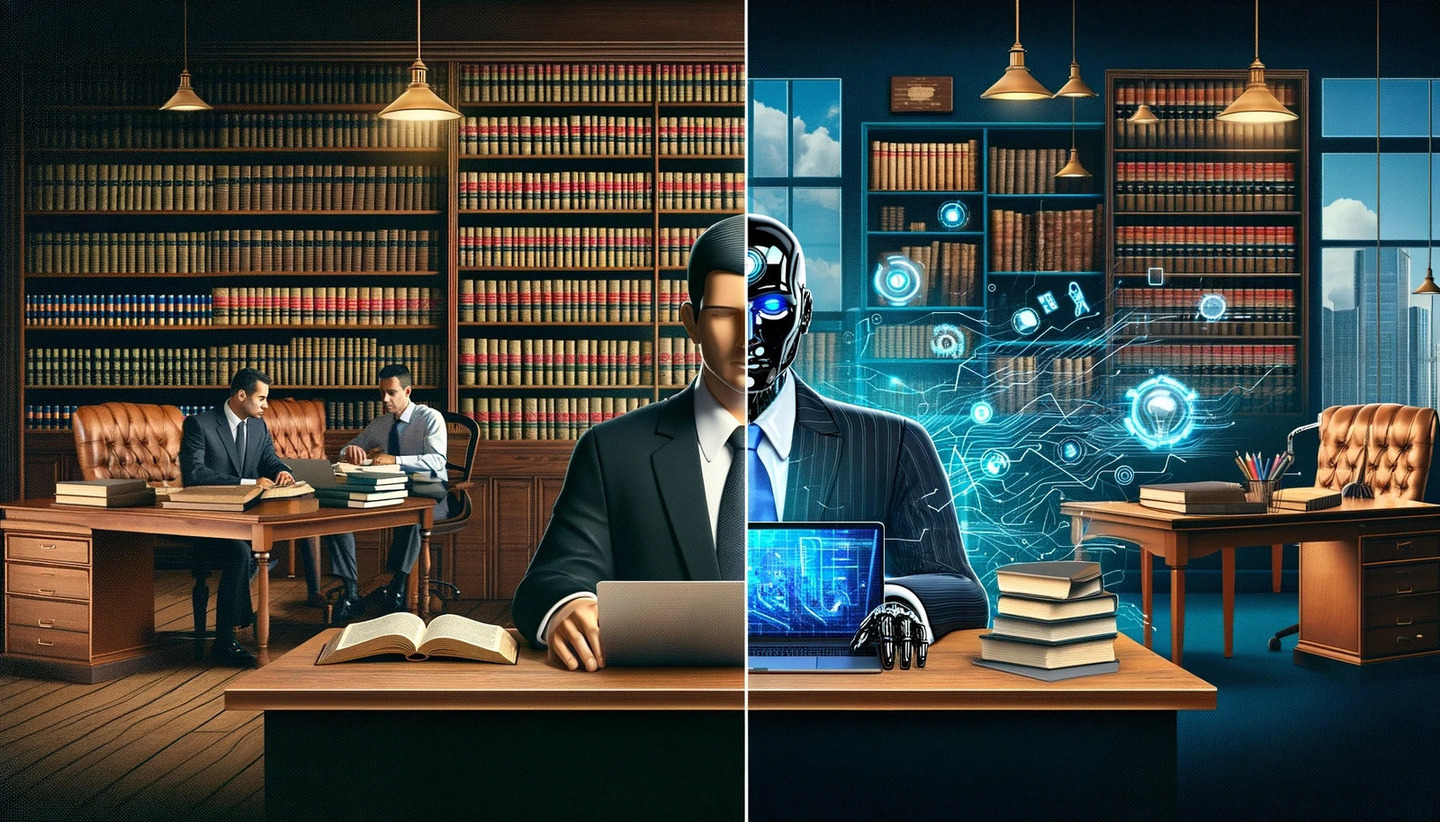Introduction
The legal profession has traditionally been known for its reliance on human expertise, paper-based systems, and manual processes. But with the rapid advancements in Artificial Intelligence (AI), the legal landscape is undergoing a dramatic transformation. From automating contract creation to reviewing compliance clauses and streamlining legal workflows, AI is redefining the way legal professionals and businesses handle documentation. Platforms like TopLegal.ai are at the forefront of this change, democratizing access to legal services and revolutionizing the creation and management of legal documents.
In this blog post, we’ll explore how AI is transforming legal documentation, the benefits it brings, the challenges it faces, and what the future might look like in a tech-driven legal world.
The Traditional Legal Documentation Process
Traditionally, creating legal documents involves a significant investment of time, money, and expertise. A typical process includes:
- Consulting with a lawyer
- Outlining goals and requirements
- Manually drafting and revising documents
- Reviewing multiple versions for accuracy and compliance
- Finalizing and securely storing the paperwork
This process is expensive, error-prone, and often inaccessible to individuals or small businesses that can’t afford to hire a full-time legal team.
What is AI in Legal Documentation?
AI in legal documentation refers to the use of intelligent software and algorithms to automate the creation, review, and management of legal documents. This includes tools that:
- Generate contracts and agreements based on user input
- Use natural language processing (NLP) to understand legal terminology
- Analyze large volumes of data for risk and compliance
- Offer guided questionnaires to tailor documents to specific needs
- Enable e-signature and secure sharing
Platforms like TopLegal.ai leverage these capabilities to simplify legal processes, making them faster, more accessible, and affordable.
How TopLegal.ai Uses AI
TopLegal.ai is a great example of how AI can be practically applied in legal tech. The platform allows users to create custom legal documents such as:
- Non-Disclosure Agreements (NDAs)
- Employment Contracts
- Partnership Agreements
- Freelance Service Agreements
- Property Lease Contracts
Users simply fill out a guided questionnaire, and the platform dynamically builds the document using predefined legal frameworks and smart logic.
Key features include:
- Template-Based Generation: AI-powered templates ensure documents are formatted correctly and include all necessary legal elements.
- Clause Recommendation Engine: The platform suggests clauses based on industry, location, and legal best practices.
- Error Detection: The system flags missing or inconsistent information before the document is finalized.
- Security Compliance: Data is stored and encrypted to meet regional legal standards like GDPR.
Benefits of AI-Powered Legal Documentation
1. Affordability
Hiring a lawyer to draft a single document can cost hundreds or even thousands of dollars. AI tools offer subscription-based pricing or pay-per-document models, making legal documentation affordable even for startups and individuals.
2. Speed and Efficiency
What takes hours (or even days) for a human lawyer can be done in minutes using AI. This is crucial for fast-moving industries like tech startups, e-commerce, and freelancing.
3. Accuracy and Consistency
AI eliminates many human errors such as typos, inconsistent terms, and missing clauses. Once the logic is set, every document follows a consistent format and meets compliance requirements.
4. Accessibility
You don’t need legal expertise to use TopLegal.ai. The intuitive interface and guided prompts make legal documentation accessible to non-lawyers. This is especially useful for solo entrepreneurs and small teams.
5. Scalability
AI platforms allow businesses to scale without bottlenecks. Need 100 employee contracts? A few clicks will generate all of them. Updating terms? Modify a template and regenerate with consistency.
Common Use Cases
- Startups: Quickly generate contracts for partners, investors, and employees.
- Freelancers: Create service agreements with clients in different regions.
- E-commerce Businesses: Set up legal disclaimers, privacy policies, and return policies.
- Landlords: Draft custom lease agreements for tenants.
- Healthcare Providers: Generate NDAs and patient agreements.
Challenges and Considerations
Despite the many benefits, AI in legal documentation still faces some challenges:
1. Lack of Legal Advice
AI cannot replace legal counsel in complex situations. While it can draft documents, it may not interpret complex legal outcomes or suggest strategy.
2. Jurisdictional Variations
Laws differ from country to country — even city to city. AI must be constantly updated to ensure it complies with local laws.
3. Trust and Transparency
Users may worry about sharing sensitive information online. Trust in data security and transparency about how documents are generated is critical.
4. Customization Limitations
Highly specialized contracts with unique clauses may still require manual intervention. AI templates may not handle nuanced negotiations or unusual legal circumstances.
The Future of AI in Legal Documentation
The legal tech industry is expected to grow exponentially. AI will play a crucial role in:
- Real-Time Document Collaboration: Multiple users editing contracts simultaneously with AI suggestions.
- Predictive Legal Outcomes: AI that forecasts risks and outcomes based on contract terms.
- Multilingual Legal Drafting: Generating documents in multiple languages while maintaining legal accuracy.
- Blockchain Integration: Smart contracts that execute themselves once conditions are met.
With continued innovation, we may see AI evolving from a support tool to a proactive legal assistant capable of offering basic legal guidance.
Final Thoughts
AI is no longer a futuristic concept in the legal world — it’s already here. Platforms like TopLegal.ai are transforming how legal documents are created and managed, making legal services more affordable, faster, and accessible than ever before. While AI won't replace human lawyers entirely, it is undoubtedly reshaping the landscape for the better.
For startups, entrepreneurs, and even individuals managing personal agreements, AI tools provide the power of a legal team — all from a browser. As this technology continues to evolve, those who embrace it early will find themselves with a significant competitive advantage.



